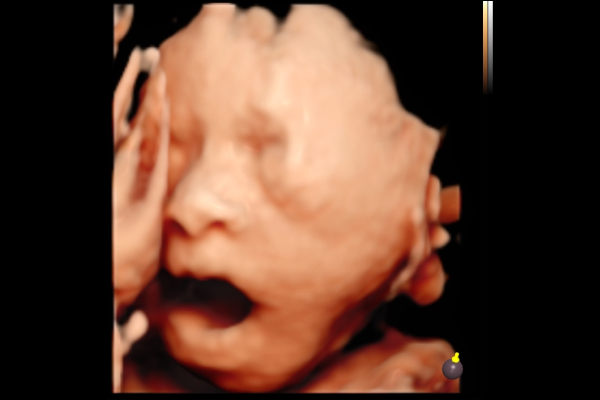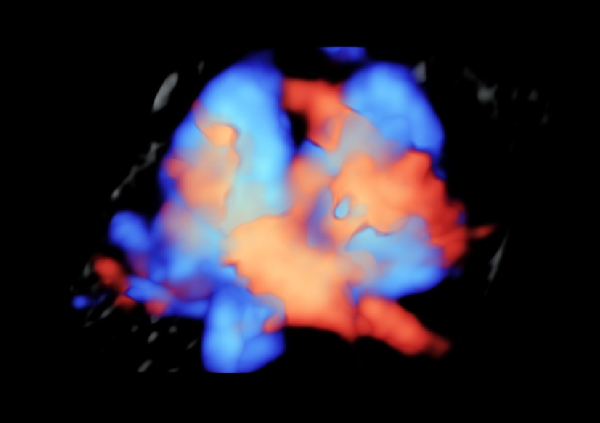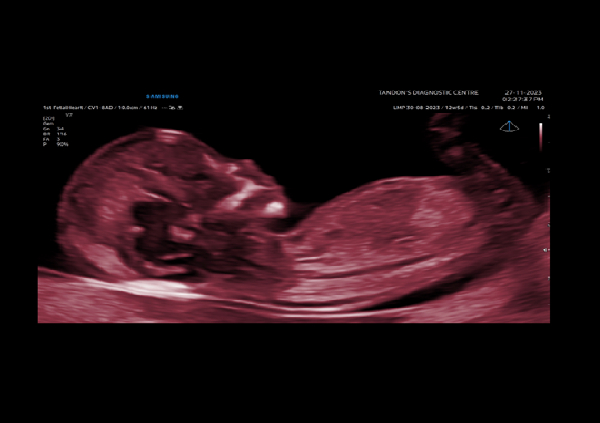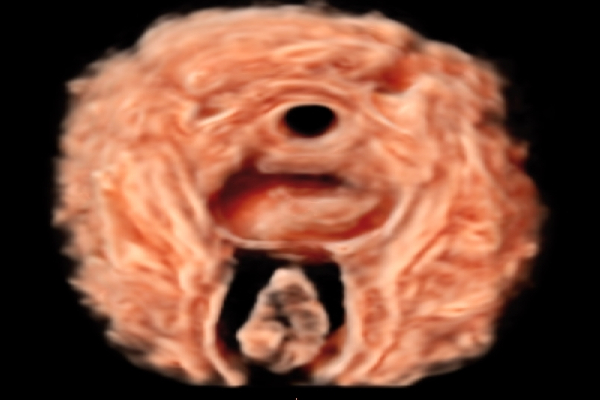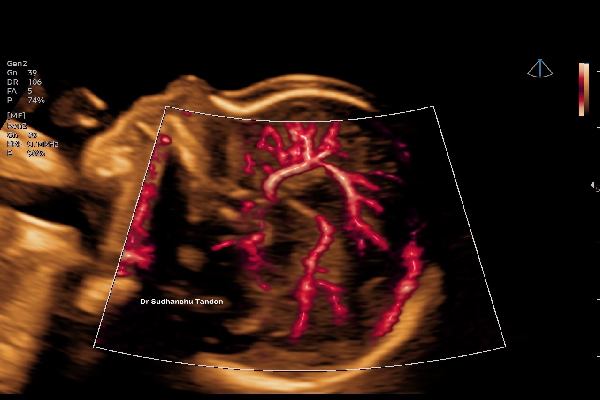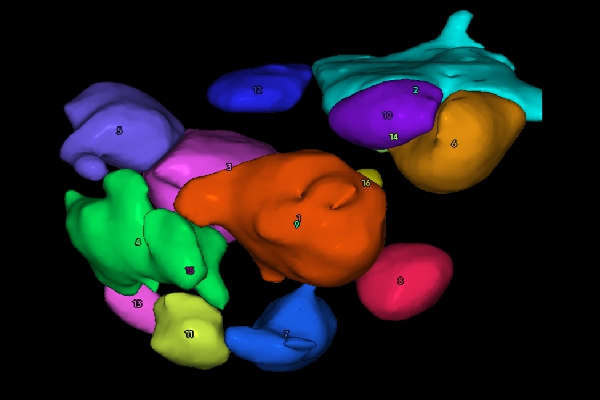Description: The Anomaly Scan, also known as TIFFA (Targeted Imaging for Fetal Anomalies), is a comprehensive ultrasound examination performed between 18 to 22 weeks of gestation. This scan plays a critical role in the prenatal detection of structural abnormalities in the fetus.
It systematically evaluates all major fetal organs, limbs, spine, brain, heart, and facial structures, as well as placental location, amniotic fluid volume, and cervical length. The scan is essential in identifying congenital anomalies, assessing fetal growth, and guiding further diagnostic and management decisions when necessary.
Clinical Objectives of TIFFA:
- Detailed anatomical survey of the fetal brain, heart, kidneys, limbs, face, and spine
- Early detection of congenital malformations
- Assessment of placental position, umbilical cord, and amniotic fluid
- Measurement of fetal growth parameters
- Support for high-risk pregnancy management
Why It Matters: Timely identification of structural anomalies allows for appropriate counseling, further evaluation (e.g., fetal echocardiography, genetic testing), and optimal perinatal care planning. The scan is non-invasive, safe, and a vital component of second-trimester prenatal screening.
